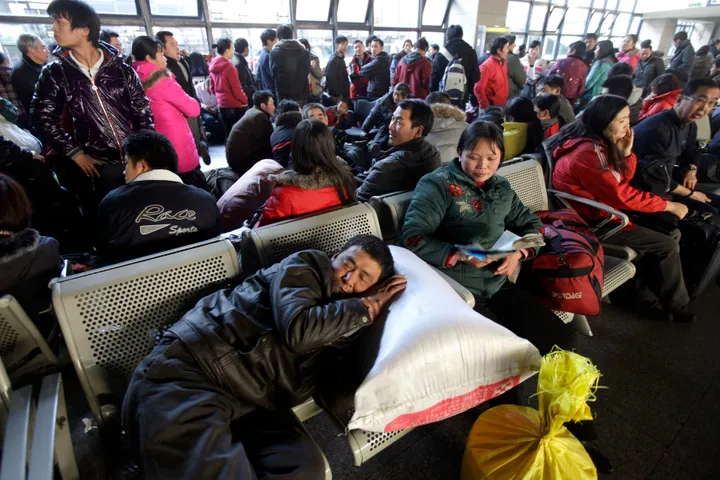The unquestioned assumption is that this investment would rapidly improve productivity in these emerging markets, leading to high growth, more jobs, increasing wages and a growing manufacturing sector with all the trickle-down benefits.
However, the concept of foreign direct investment, or FDI, is fickle and predatory by nature. The reality is that developing countries can end up becoming dependent on this type of investment, and foreign investors can put pressure on and extract outrageous concessions from government and local administrations to ensure they remain. The controversial inclusion of investor-state dispute settlement courts, whereby multinational companies can sue governments often of poorer and weaker nations if their businesses are affected, in multilateral trade agreements like the Trans-Pacific Partnership is one such example of foreign governments and companies pushing through self-serving regulatory change. Often these dependent countries accept them as it is the only way to survive in an FDI-focused world.
FDI is also not targeted at sectors of the economy that foster long-term economic development or meet the needs of the majority, take low-cost housing, sewerage and infrastructure, for example. Foreign investment often concentrates on specific products not meant for the wider population, and also can push countries to focus on extractive primary resources that increase inequality and environmental damage, dangerous manufacturing with low safety standards, or a premature move to a service-based economy which, as the economist Dani Rodrik notes, can have significant economic and political consequences.
It is not perhaps surprising to note that when developing countries were depending on Western FDI, there was often little concern expressed about these countries becoming too dependent on a powerful economic player. Yet, when Western investment is replaced with Chinese investment, as has happened in some regions such as Southeast Asia and Africa, there is sudden concern that China is practicing “neocolonialism.” And when Chinese FDI targets key assets in the West, such as the attempts by Huawei, a Chinese telecommunication firm, to enter the United States, it is seen as a “national security threat.”































